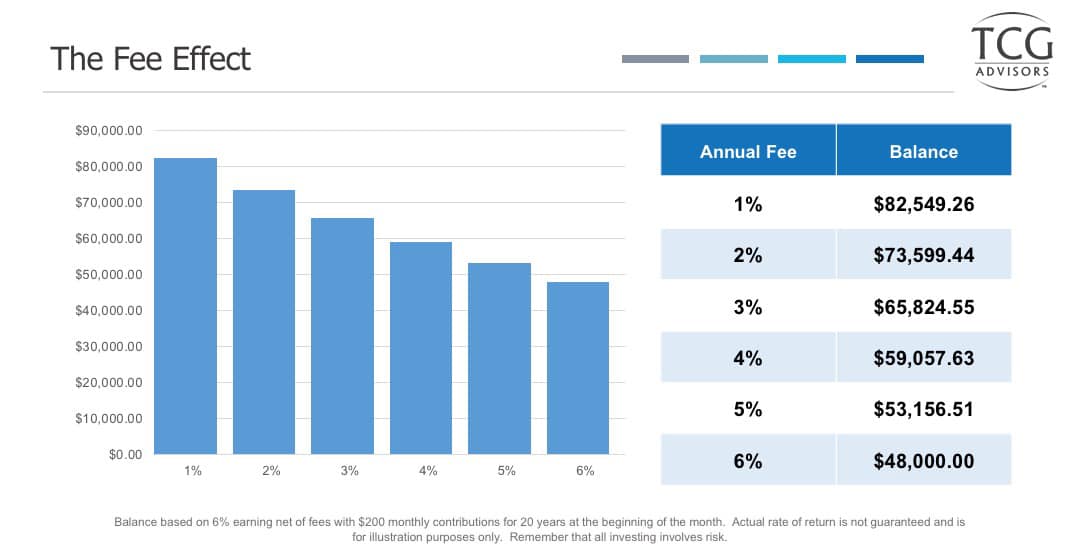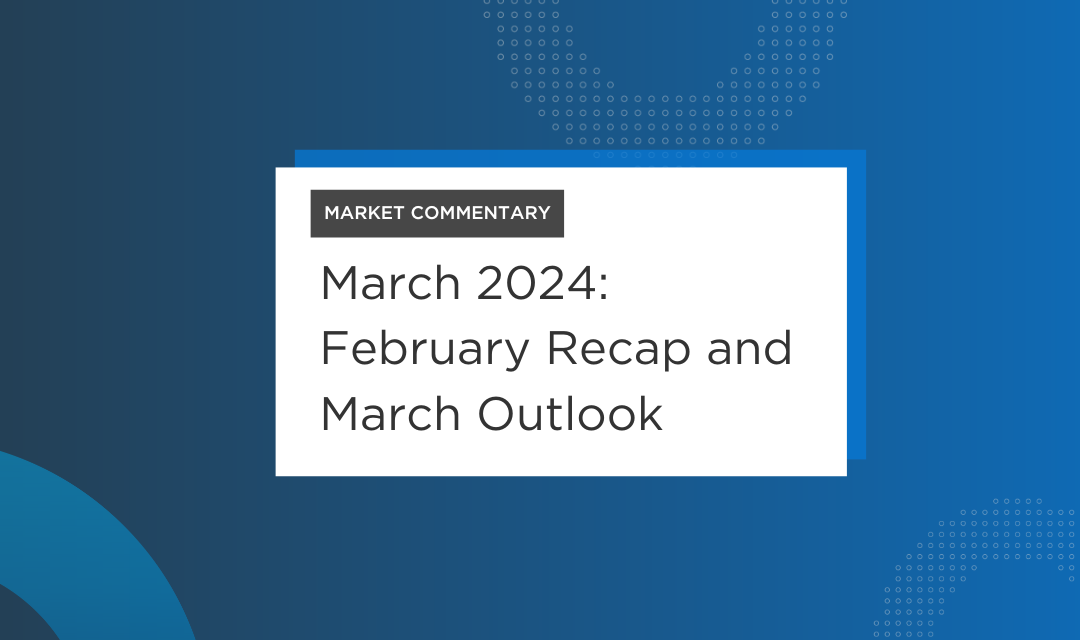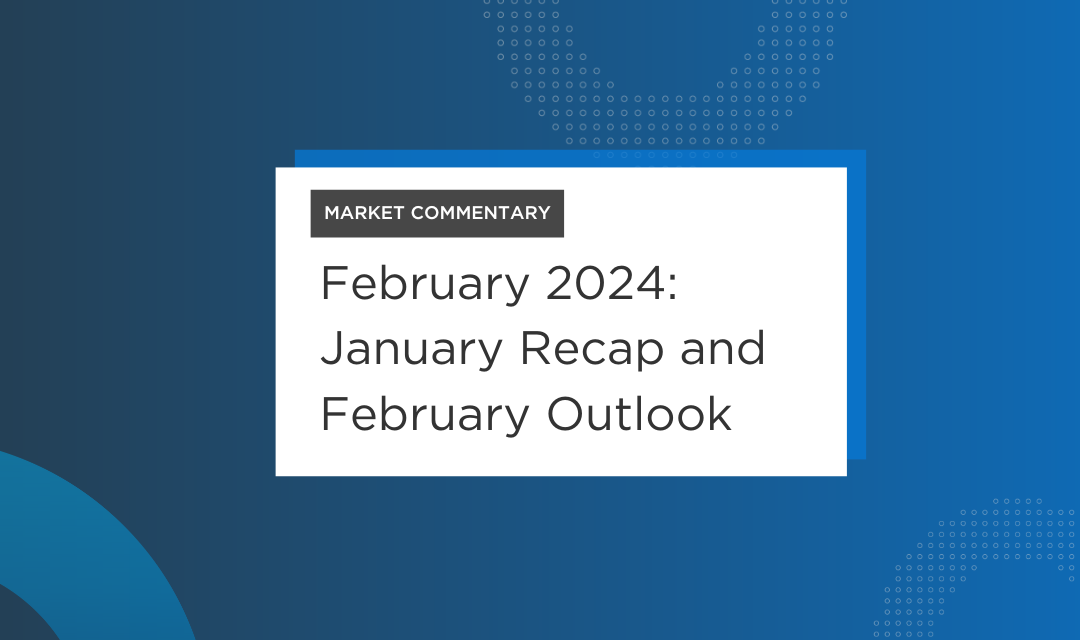Before you buy a 403(b) product in Texas, you should always go to the TRS website to see how the fees for the investment product or annuity compare to those of other companies. TRS publishes an excellent chart providing fee information on every 403(b) product that can be legally sold in Texas. You can see this chart by going to https://oapi.trs.state.tx.us/FOTB/do/memberWebListSearchSetup. Enter the name of the company offering the product then click on the button titled “Search Active Products.” This will bring up the chart listing all fees for every product the company offers.
In March 2016 TRS staff began a review of current 403(b) rules. This was due partly to statutory requirements and partly because the staff felt that TRS has a duty to provide the best possible product rules for the benefit of Texas educators.
Why is this important? This quote from the TRS staff presentation to the TRS Board in September 2017 provides excellent background (TCG emphasis added):
“Retirement Security:
- Per a 2012 TRS study, the defined benefit plan replaces roughly 68%of a career employee’s pre-retirement income at initial retirement and provides a lifetime benefit that equates to 52% of pre-retirement income.
- Members will likely need to supplement their TRS pension with personal savings.
- Low fees protect employees against erosion of returns on their investment dollars.”
The primary supplemental retirement savings vehicle used by the vast majority of TRS members is the 403(b) plan. When the study was done, educators could choose from 84 companies offering 11,685 products/investment options.
TRS interviewed a number of companies about the rules, including TCG Administrators and held public hearings seeking input. In June 2017 the staff published proposed revised 403(b) rules. Industry reaction was swift and, for the most part, negative.
The primary objection to the new rules was lowering fees and surrender charges. The main argument against the rules was that the proposed fees and surrender charges would not support a sales force capable of adequately serving the employees who buy 403(b) products. Participation in 403(b) plans in Texas schools is poor. In most districts it is below 20% of employees and in some rural districts it is near zero. The industry argued that the only reason that participation is as at current levels, even if low, is due to the efforts of 403(b) sales people, advisors and practitioners.
The TRS staff and their consultant, AON Hewitt, did a large amount of research on fees in the retirement industry. They found that the fees for 403(b) products in Texas were high by a number of standards. A number of Texas 403(b) industry commentators disagreed and provided statistics, particularly in the 403(b) industry, that showed different results.
It is important to understand that the higher the fees, the less money an educator has at retirement. This is irrefutable, regardless of industry statistics. TRS does an excellent job of providing product fee information on their 403(b) website in an easy-to-use format that would help educators make better decisions about their choice of investments if they would use this website. TRS plans to continue to provide this information in the future. Below is an example of the effect of fees on retirement savings outcomes used by TCG in our retirement seminars (note that this is a generic example and that a 5% or 6% fee would not normally be allowed under TRS rules).
Although TCG supports keeping fees as low as possible, we had to agree with the industry that significantly lowering current fees and surrender charges is likely to ultimately reduce 403(b) plan participation. This is a difficult trade-off.
A second objection by most industry commentators was that the new rules would be effective sooner than companies and other regulators (e.g., Securities and Exchange Commission, Texas Department of Insurance) could implement the changes.
TRS staff revised the proposed rules and presented these to the TRS Board in September 2017. The re-proposed rules were published for public comment in the Texas Register. The changes would revise the Texas Administrative Code. The cite is “Title 34. Public Finance, Part 3. Teacher Retirement System of Texas, Chapter 53. Certification by Companies Offering Qualified Investment Products, 34 Tac §§53.1, 53.3 – 53.17.”
The key parts of the revised rules are:
1. Lower fees. This would include:
- Cap annual asset based fees by type of investment.
- Eliminate front-end and back-end sales charges and surrender charges for variable annuities, custodial accounts and mutual funds.
- Cap fixed dollar administrative fees at $60 per year.
- Lower the maximum amount of certain transaction fees such as loan processing fees.
- Officially cap 403(b) surrender charges for fixed interest annuities at 10% with a maximum surrender charge period of 10 years (note that most products already comply with this rule).
2. Broaden and change the classification of types of 403(b) companies.
3. Significantly increase the fees for registering 403(b) companies and products with TRS.
4. Update the Texas Administrative Code to reflect legislation passed in recent sessions of the Legislature.
TCG provided two comments that were not acted upon by TRS but that we feel strongly should be implemented in the future. These are:
- Illegal “Pay to Play” Arrangements. Current 403(b) rules established by the Texas Legislature and TRS are designed to provide a fair and open structure that allows participants to choose the companies and investment products they want, as long as these meet TRS rules. There are third party administrators and school districts that unfairly restrict participant choices. They include “pay to play” arrangements whereby 403(b) companies that do not pay a fee to the third-party administrator are not allowed to offer their products. We believe that this is illegal under Texas law. We urge school districts allowing this arrangement to eliminate this practice.
- Abusive Vendors and Advisors. There are 403(b) companies and individual sales people, advisors and practitioners who use abusive sales tactics. In particular, they often send “spam” emails to all employees in a school district with misleading or incorrect information to aid their sale of products. School districts repeatedly complain about this. Districts need to have the right to eliminate such companies and advisors.
The TRS Board of Trustees approved the final revised 403(b) rules at its October 2017 meeting. The rules will be phased in with the last item to be implemented in November 2019.
You can find the final rules at:
https://www.trs.texas.gov/Pages/403b_informal_rulemaking_conference.aspx
If you have any questions please feel free to contact Scott Hauptmann, COO of TCG Administrators at shauptmann@tcgservices.comor Mike Cochran, Partner, TCG Administrators at mcochran@tcgservice.com.



